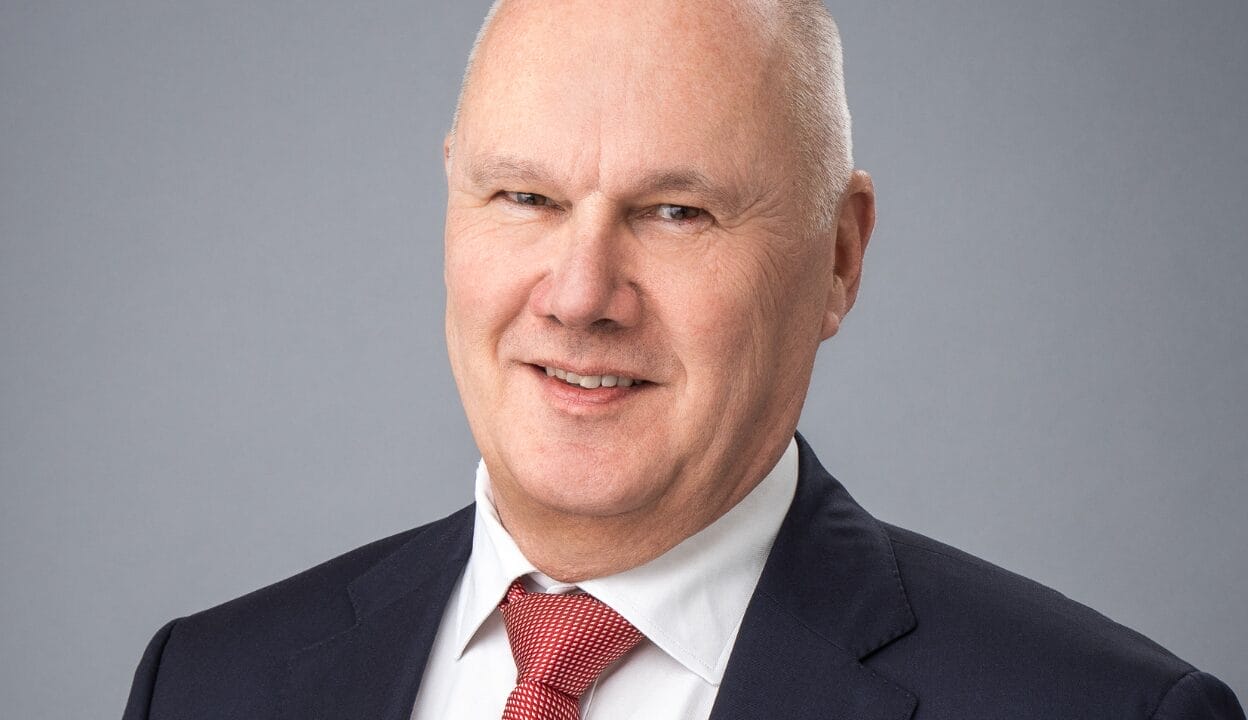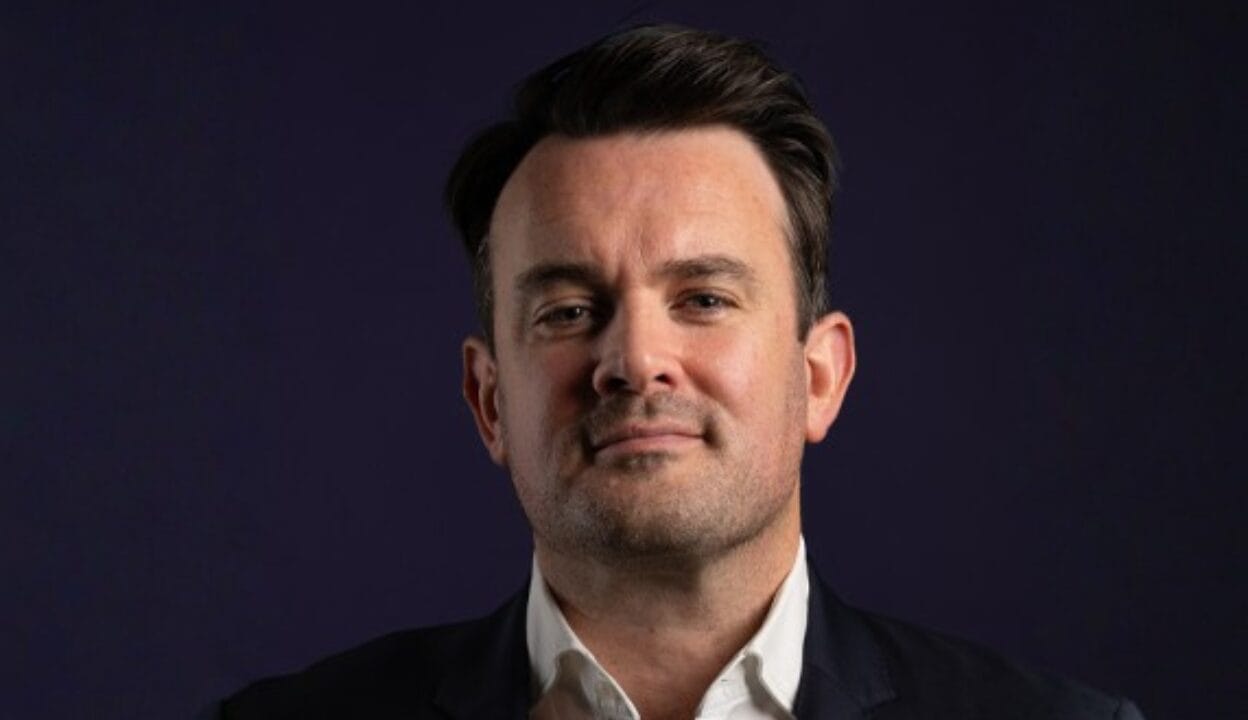In an endorsement of its hard work over the last year, Sweden’s Fund Selection Agency (FTN), the government agency charged with procuring and monitoring the funds on offer on the country’s premium pension platform, is already starting to see improved returns and lower fees from the wave of new equity funds it mandated last year.
“Comparing the new universe of equity funds to the old universe reveals a 150 basis point improvement,” Erik Fransson, executive director at FTN tells Top1000funds.com. In keeping with the organisation’s stated aims, the main contributor to that added value is higher performance, accounting for 125 basis points. The remainder of the benefit (25 basis points) comes from more favourable pricing or lower fees.
“It is a case of so far so good: we have come a long way and we are really satisfied with the work so far,” says Fransson.
Working Swedes have paid into the mandatory defined contribution state pension fund ever since it was established in 2000 and assets on the platform are forecast to double to $451 billion by 2040. Today, the entire “premium pension system” accounts for around $232 billion split between the FTN and default fund AP7 which manages a default option for savers who did not make an active investment choice. Members of the system can choose the level of risk and strategies for their savings.
The ongoing overhaul was rooted in a handful of fraudulent and other poorly performing funds on the platform in the past, a consequence of lax requirements on the funds offering their wares. In recent years, the number of funds on the platform has dropped from 900 to around 450 in a drive for quality that resulted in many falling away. The FTN will procure funds worth around $116 billion between 2024 and 2027.
Tier 1 institutional pricing
FTN’s latest mandates to both passive and active large and mid-cap Swedish equity fund managers show the direction of travel.
In passive, three fund managers have been awarded SEK 65 billion ($6.8 billion) across five funds. The average charges were 3.9 basis points, reduced from a “rich” 12.9 basis points and mandates were won by managers with more sophisticated risk mitigating strategies including how they handle changes in the index and the different index constituents, as well as experience with strategies like security lending.
“This is really close to Tier 1 institutional pricing and will add a great deal of value in the long run. It’s very exciting and we are satisfied with this especially as we are doing this in a fund format. Contrary to popular belief, not all index funds are created equal – the selected funds show strong value creation potential,” says Fransson.
The SEK 92 billion ($9.7 billion) allocation to seven active fund managers was awarded across ten funds and also achieved a “big reduction” in fees, down from an average of 30 basis points to 15 basis points.
In another endorsement of the jump in the quality of fund managers bidding for mandates, Fransson says that none of the managers were disqualified due to mistakes or poor responses. The value of assets under management in the categories won’t change under new management so managers have a clear idea of the amount of assets they will be able to manage from day one if successful, helping the agency secure the best price.
Managers pay a tender fee and if they are successful, a platform fee based on assets under management. These requirements have successfully deterred managers without a good chance of success from going through the lengthy RFP process. All FTN’s costs are financed by an annual fee of 0.5-1.5 bps of assets under management on the platform.
Tech funds and fixed income up next
In the next step, the organisation will announce the $11 billion allocation mandates for a series of new tech-focused funds. Once funds are selected to manage these assets, some 55 per cent of the total capital on the platform will either have been mandated or in process, equivalent to 90 per cent of the equity category.
The team is also working on $23 billion global equities mandate divided between European small-cap and Swedish small-cap.
Work to secure successful procurement of next year’s mandates to new fixed income and target date funds, balanced funds and liquid alternatives is already underway with a focus on adjusting the RFPs and designing the search. All funds have a daily NAV, and most will be UCITS compliant. There is no plan to add private markets to the mix.


